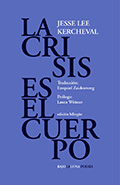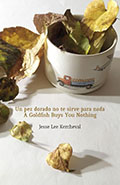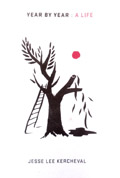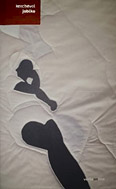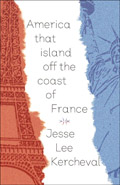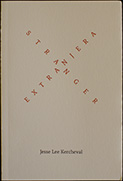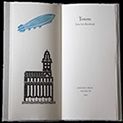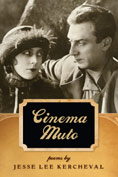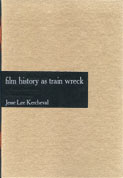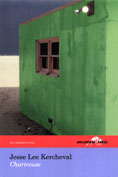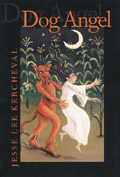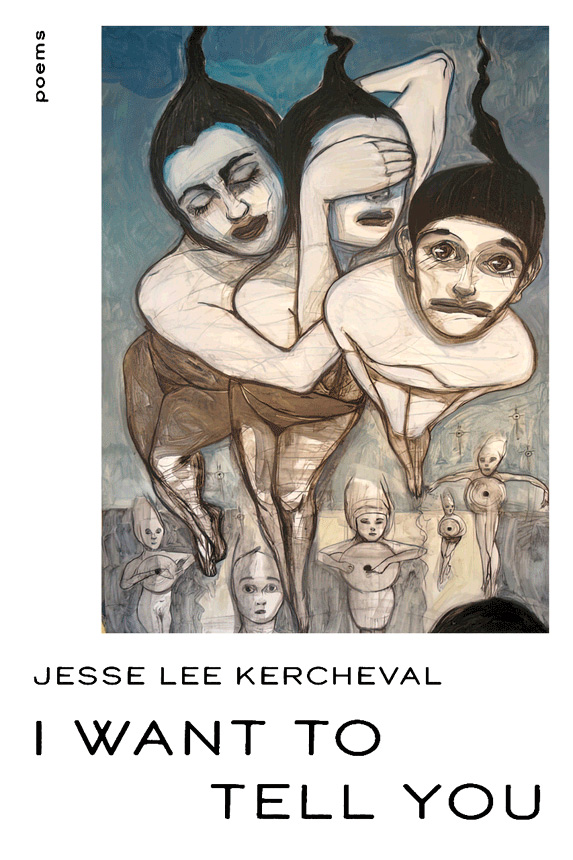
Published in 2023 by the University of Pittsburgh Press (ISBN 9780822967071).
“Ecstatic, bounding, electric, I Want to Tell You plumbs the elegy while still sizzling with life—a contradiction made right in Jesse Lee Kercheval’s deft hands. Wading through the pools of grief, Kercheval wrestles with God to find meaning in the wake of loss, but not without her characteristic wit, wisdom, and candor. In the tradition of our earliest poets, carving their poems into the clay with a reed, Kercheval’s work declares, ‛My name is Jesse. I write this to remember.’”
—Jacques J. Rancourt
“We readers love Jesse Lee Kercheval’s many books in many genres, her precise and brilliant translations, her memoir/novels/nonfiction, her visual art, her connection to early silent film and her public life as a maker who serves writers through decades. But here, in her sixth collection of poems, she has cut open her heart to call out our human grief and love. And yes, she gives words to death. Please read this magnificent book. There can be no other for our times.”
—Hilda Raz
